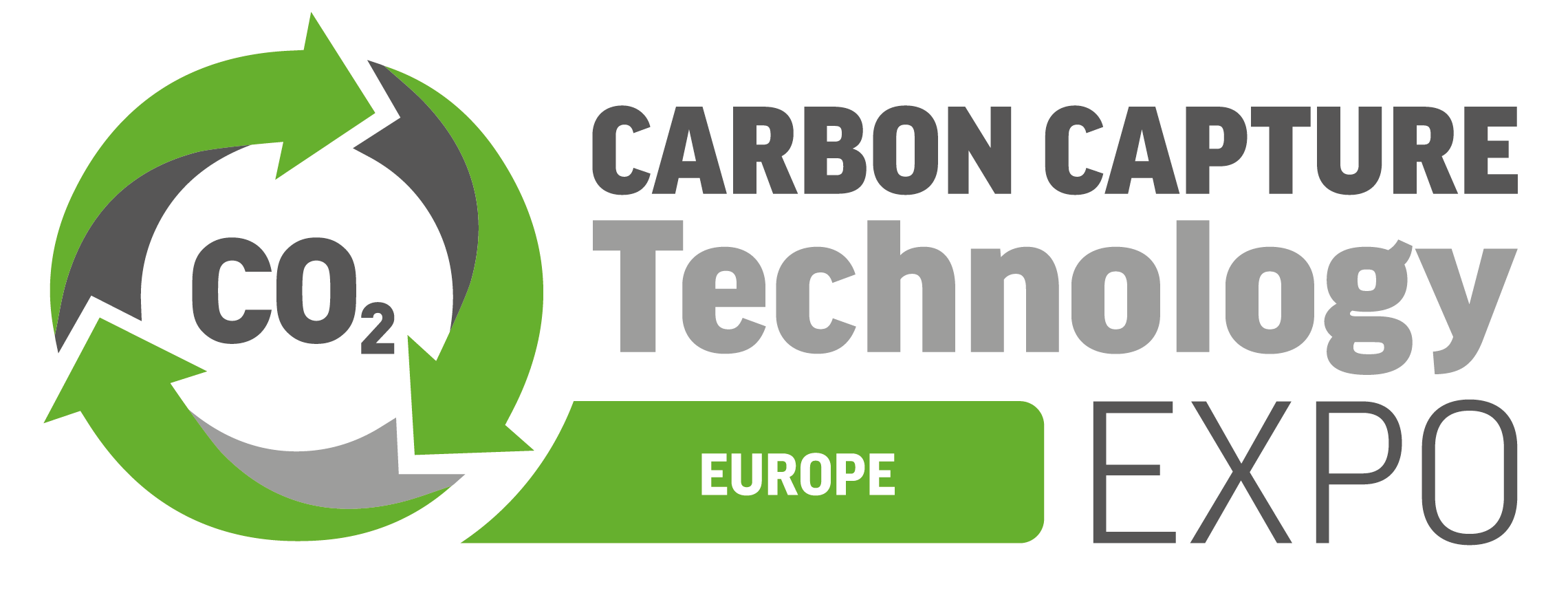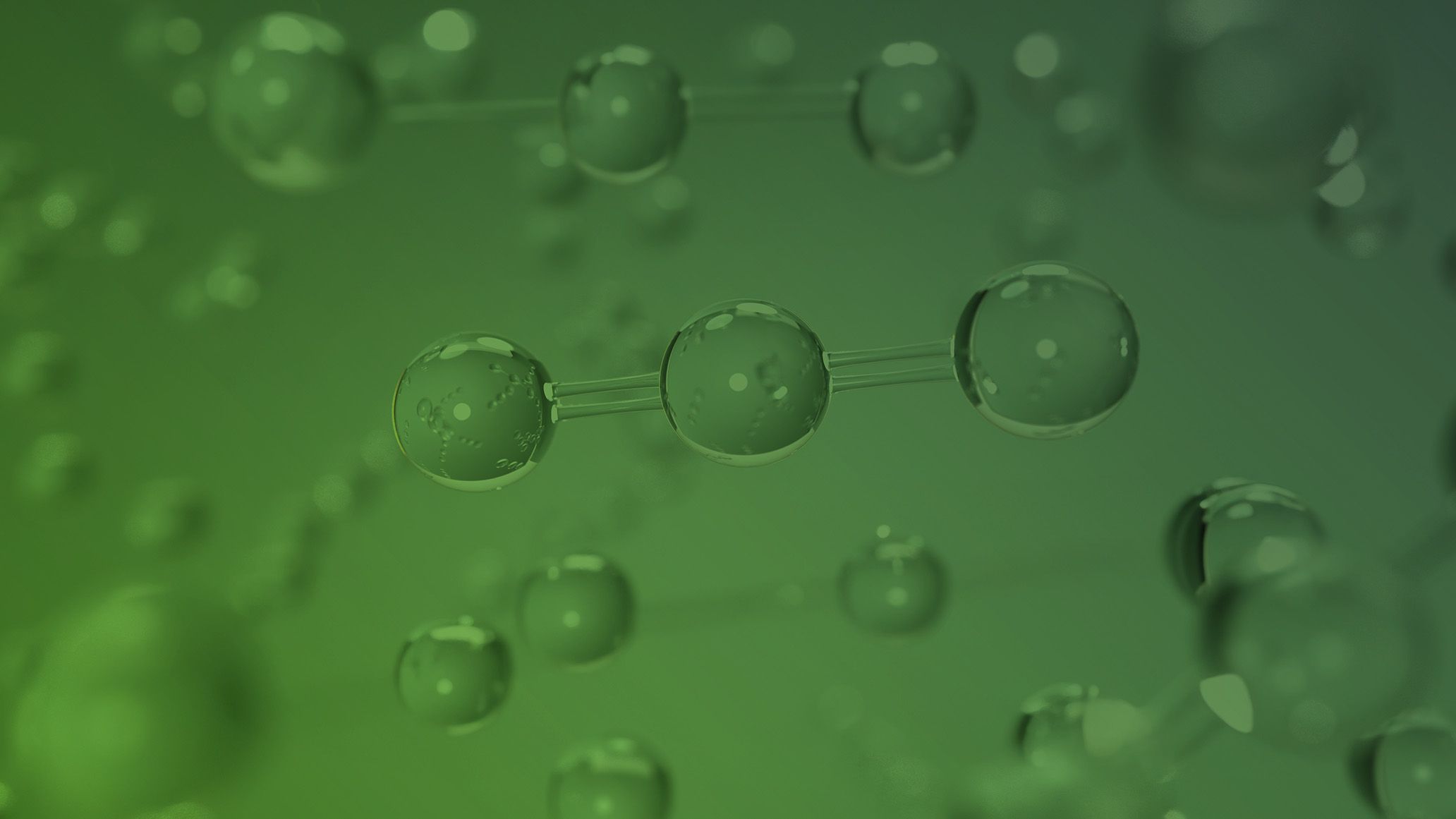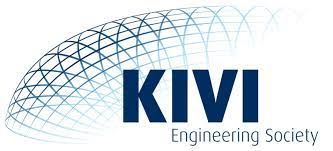An agreement over the Pelican DAC hub project in Louisiana has been achieved by RepAir Carbon
)
Shell US Gas and Power and Mitsubishi have signed a commercial agreement, which enables them to function as a key technology provider for the Gulf Coast Carbon Removal DAC Hub (Pelican). The core focus of this collaboration will be to evaluate the feasibility of creating a direct air capture facility within Louisiana.
The agreement states that Shell and Mitsubishi Corporation will work together and provide RepAir with a maximum of $3 million in development funding. This funding will be provided in stages as the project is completed and when the funding is provided, it will be used to accelerate engineering and manufacturing capabilities for RepAir’s proprietary electrochemical DAC technology. It has already been agreed that this technology will be piloted within Pelican.
Pelican is currently an early-engineering study which is focused on evaluating the necessary requirements for deploying DAC technologies on a commercial scale. The plan for this study is to begin with an initial capacity of carbon dioxide removal and to work towards increasing this capacity over time. So far, the US Department of Energy’s DAC hub program has provided the project with funding and it has also been made clear that this project aligns with the US Department of Energy’s goal to establish large-scale carbon removal infrastructure, whilst also reinforcing America’s global competitiveness in clean energy technologies. Another aim for this project is to create a number of jobs within the region. The partners of this project has stated that they share a goal to assess potential for RepAir’s technology, along with its future scaling.
A huge benefit of Pelican is that it is located in the U.S. Gulf Coast region and this provides them with the ability to access a large amount of carbon dioxide storage capacity, along with established infrastructure. On top of this, the location’s humidity levels are optimal for the performance of RepAir’s technology.
RepAir stated that, ‘its technology represents a fundamental advance in carbon capture, consuming just 600 kilowatt-hours of electricity per ton of CO2 removed - 70% less energy than conventional methods. The system operates without liquids or solvents at ambient temperature, making it ideal for mass manufacturing and deployment.’
CEO of RepAir Carbon, Amir Shiner commented, "This project is another milestone in scaling next-generation carbon removal technology. Through this agreement with two global energy leaders, we're accelerating our transition to commercial-scale manufacturing. This will establish us as a key equipment supplier in an ambitious carbon removal project targeting hundreds of kilotons of annual capture capacity by 2030, in a market expected to reach hundreds of millions in value. The timing is significant, as we see major carbon management projects advancing globally, demonstrating growing market confidence in technological solutions for decarbonization."




)
)
)
)
)
)
)
)
)
)
)
)
)
)
)
)
)
)
)
)
)
)
)
)
)
)
)
)
)
)
)

)
)

)
)
)
)
)
)
)
)
)
)
)


)
)
)
)
)

)
)

)

)
)
)
)
)
)
)
)
)


)
)
)
